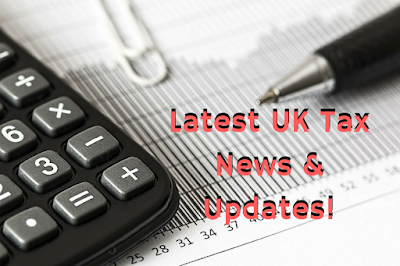Wearable technology is one of the biggest trends in IT and tech at the moment. The consumer market has embraced wearables such as smart watches and virtual reality headsets. However most businesses are still developing their strategies for making the most of the wearable technology trend.
While attention to wearables is widespread, adoption is not. From Google to Fitbit, Jawbone and Apple, wearables are garnering plenty of interest. Some early adopters in businesses are using the Apple Watch or Samsung Gear to monitor emails or manage their calendar while on the go. Others are using it to remind them to move about or to walk around the office throughout the day in order to burn a few calories.
Wearables are far from ubiquitous in the workplace just yet though. While the technology has developed quickly, businesses remain hesitant to integrate the devices into their everyday operations.
One of the reasons for businesses to consider adopting wearable tech is its ability to streamline normal business operations and improve a company's productivity. Whether it's a pair of smart glasses that help to guide a warehouse employee along the most efficient route or sensors that help employees more quickly reference needed information to complete a task, wearables allow businesses to improve efficiency in task management.
On the health and wellness side of things, many companies are now offering employees fitness trackers, coupled with incentive programmes, to encourage healthier lifestyles both in and out of the workplace. Healthier employees are often more productive and less frequently absent, and can save their employers on health care costs. For example, Fitbit offers a corporate wellness program to partner with companies trying to promote employee well-being.
Wearable tech is also changing how consumers interact with businesses. Some firms are exploring wearables in the form of targeted advertising and simplified payment services through the use of "near-field communication" (NFC) chips. This encourages improved communication with customers and also makes consumer data easier for businesses to gather.
While attention to wearables is widespread, adoption is not. From Google to Fitbit, Jawbone and Apple, wearables are garnering plenty of interest. Some early adopters in businesses are using the Apple Watch or Samsung Gear to monitor emails or manage their calendar while on the go. Others are using it to remind them to move about or to walk around the office throughout the day in order to burn a few calories.
Wearables are far from ubiquitous in the workplace just yet though. While the technology has developed quickly, businesses remain hesitant to integrate the devices into their everyday operations.
One of the reasons for businesses to consider adopting wearable tech is its ability to streamline normal business operations and improve a company's productivity. Whether it's a pair of smart glasses that help to guide a warehouse employee along the most efficient route or sensors that help employees more quickly reference needed information to complete a task, wearables allow businesses to improve efficiency in task management.
On the health and wellness side of things, many companies are now offering employees fitness trackers, coupled with incentive programmes, to encourage healthier lifestyles both in and out of the workplace. Healthier employees are often more productive and less frequently absent, and can save their employers on health care costs. For example, Fitbit offers a corporate wellness program to partner with companies trying to promote employee well-being.
Wearable tech is also changing how consumers interact with businesses. Some firms are exploring wearables in the form of targeted advertising and simplified payment services through the use of "near-field communication" (NFC) chips. This encourages improved communication with customers and also makes consumer data easier for businesses to gather.




